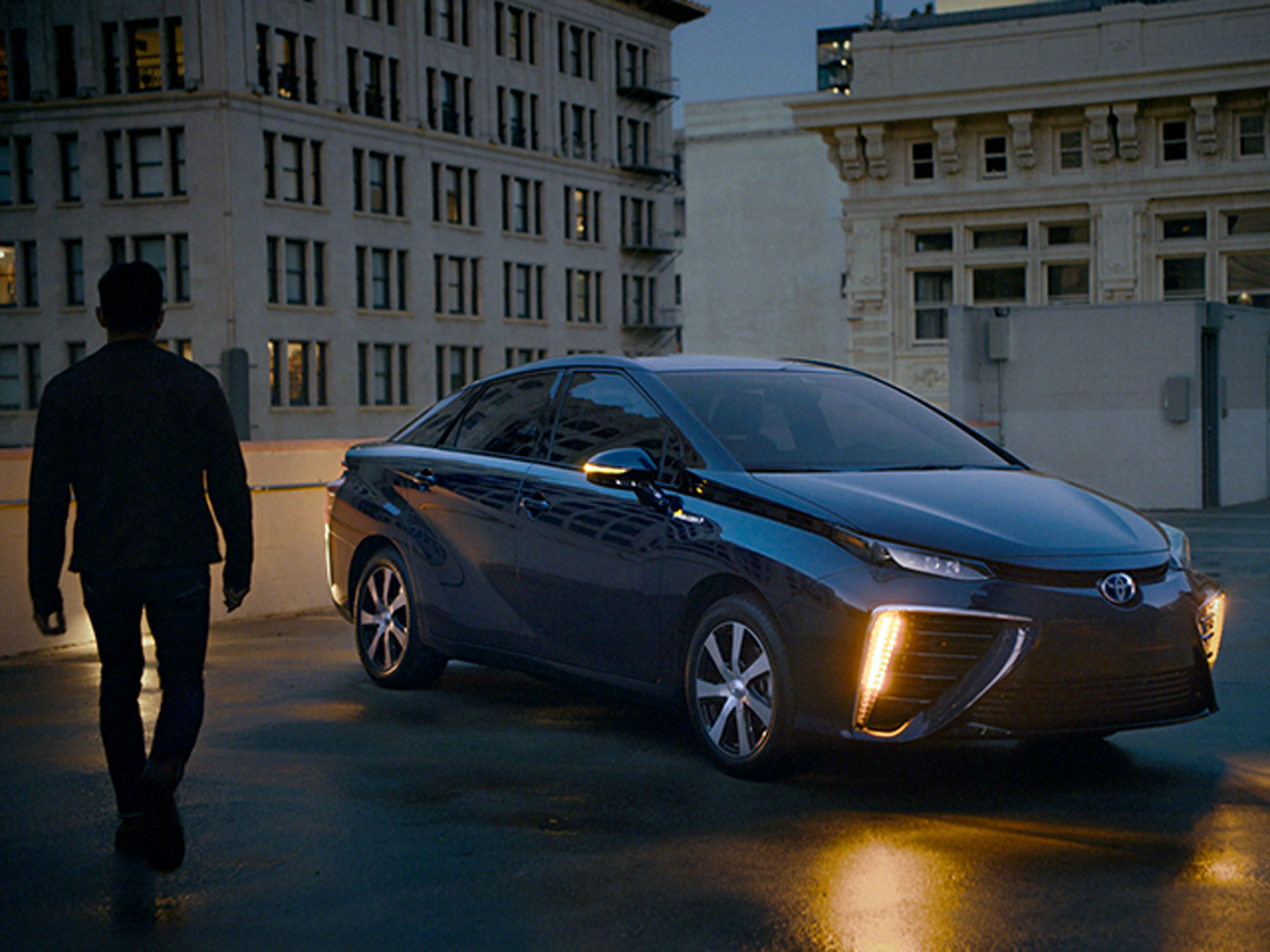Toyota plans to launch its first full EVs, in a deal with China’s BYD

Toyota is finally diving into fully electric vehicles, striking a deal with China’s BYD to jointly develop batteries, sedans, and SUVs for the world’s largest automobile market.
Japan’s top automaker expects to deliver its first Toyota-branded EV in China next year, a version of its C-HR/IZOA compact crossover, Reuters reported.
So what? The move comes in response to growing global demand for electric vehicles, driven by a combination of government subsidies, emissions mandates, and increasing acceptance among consumers.
The partnership with BYD, the world’s largest EV maker, underscores how dominant China has become during recent years in electric vehicles and batteries. It comes on the heels of Toyota’s announcement earlier this week that it will buy vehicle batteries from and develop them with CATL, China’s dominant player. That widens and diversifies Toyota’s supply chain beyond Panasonic, which provides batteries for the company’s plug-in hybrids. (See “China’s ambition to power the world’s electric cars took a huge leap forward this week.”)
Playing catch-up: While Toyota was an early leader in hybrids, it’s been a laggard in rolling out full electric vehicles. But last month, the company announced that EVs and hybrids would represent half its worldwide sales by 2025, moving up its timetable by five years, Reuters reported.
The fuel-cell dream isn’t dead: Toyota isn’t laying all its bets on battery-powered EVs. The company has also developed a hydrogen-powered fuel-cell car, the Mirai, which can be bought or leased in California. The bet is that consumers or perhaps long-haul truckers will prefer the ease and speed of hydrogen refueling over prolonged battery recharging. Of course, it won’t be close to convenient for anyone unless regions first build networks of hydrogen fueling stations.
“Toyota has long been seen as the proponent of fuel cells,” said David Hart, director of the Center for Science, Technology, and Innovation Policy at George Mason University, in an email. “I doubt that they've given up on that entirely, but clearly they are coming to terms with the fact that batteries are here now and fuel cells' time is in the future if ever.”
Deep Dive
Climate change and energy
The problem with plug-in hybrids? Their drivers.
Plug-in hybrids are often sold as a transition to EVs, but new data from Europe shows we’re still underestimating the emissions they produce.
Harvard has halted its long-planned atmospheric geoengineering experiment
The decision follows years of controversy and the departure of one of the program’s key researchers.
Why hydrogen is losing the race to power cleaner cars
Batteries are dominating zero-emissions vehicles, and the fuel has better uses elsewhere.
Decarbonizing production of energy is a quick win
Clean technologies, including carbon management platforms, enable the global energy industry to play a crucial role in the transition to net zero.
Stay connected
Get the latest updates from
MIT Technology Review
Discover special offers, top stories, upcoming events, and more.